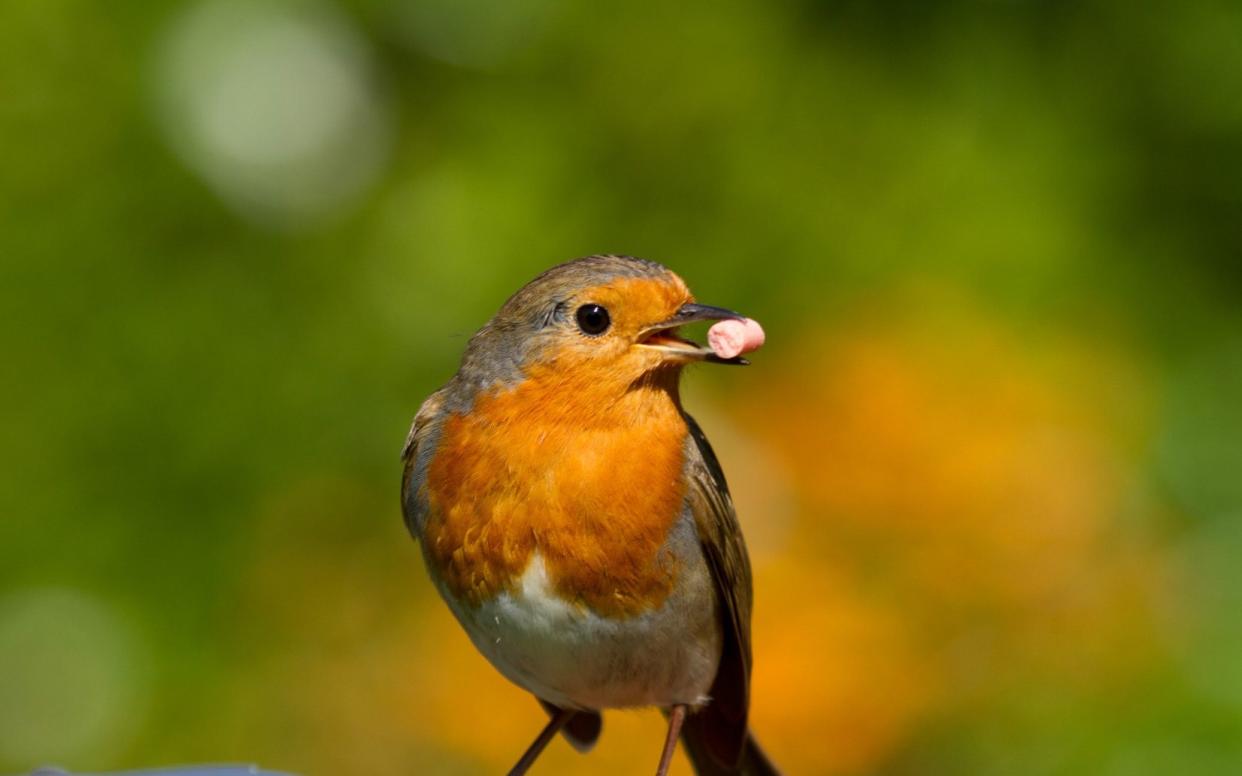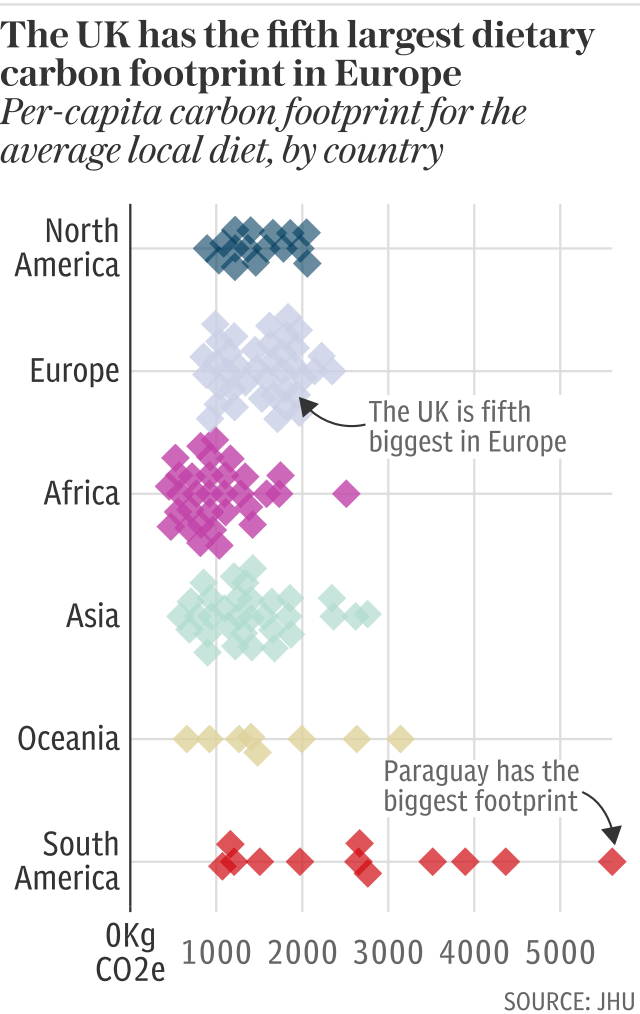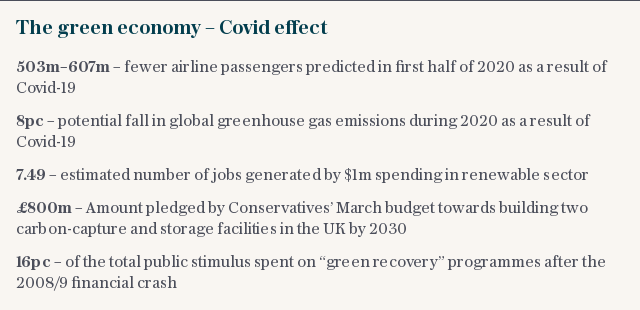Restore hedges to pre-war levels to help UK become carbon neutral by 2050, says CPRE

England's hedgerows should be restored to their pre-war levels to help Britain hit its carbon neutral target by 2050, campaigners will say on Wednesday in a report backed by ministers.
Rebecca Pow, the environment minister, is due to speak at the launch of the report, from countryside charity the Campaign to Protect Rural England (CPRE), which recommends using hedges – "nature's toolbox" – to reduce carbon emissions.
There were twice as many hedges before the Second World War as there are now, but many were ripped up to make way for new housing and motorways, while the push to produce more food saw fields merged and enlarged in a quest for efficiency.
Their decline has slowed in England and Wales since 1997, when the Hedgerows Regulations made it illegal to remove or destroy certain hedgerows without permission from the local planning authority.
The 2007 UK Countryside Survey found there were 600,000 kilometres (372,000 miles) of managed and unmanaged ("relict") hedgerows in Britain, with the vast majority found in England. This was a significant decline since 1984, when the same study reported some 680,000 kilometres of hedges across Britain.
The Government is currently committed to planting more trees, having launched a new trees strategy earlier this month, but is silent on the need to increase hedgerow cover.
The CPRE's report, entitled "Greener, better, faster: countryside solutions to the climate emergency and for a green recovery", calls for millions of pounds to be spent on new hedges.
It also asks ministers to "invest in the restoration and planting of England's hedgerows to achieve at least a 40 per cent increase in their length by 2050".
The study says: "By planting more trees and hedgerows, restoring peatlands and moving towards a more sustainable way of farming, we can use nature's toolbox to capture greenhouse gases from the air while revitalising our natural environments."

The report looks forward to a future in 2045 when "England’s landscapes are thriving, abundant in character and bustling with wildlife".
It says: "The rich patchwork of fields and hedgerows remains, but there is now an enhanced network of natural corridors criss-crossing the countryside, connecting new wilder areas and playing a vital role as nature-based solutions to the climate emergency.
"The network of hedgerows has been enhanced, restored and replanted, with thousands of miles of new hedgerows spanning the country. New wetlands have been created and some areas have been deliberately left to nature, becoming wilder in character."
Crispin Truman, the CPRE's chief executive, said: "The Government is slowly waking up to the invaluable role the countryside and rural communities can play in tackling the climate emergency.
"For too long, the role of the countryside and nature based-solutions have played second fiddle to large, glitzy ambitions.
"Tackling the climate emergency, caring for the countryside and rebuilding the economy post-pandemic can, and must, go hand in hand. We know that some of the best ways to reduce our emissions make our countryside more resilient."

Shaun Spiers, the executive director of the Green Alliance think tank, backed the call, saying more hedges were "good for nature, good for carbon capture, and good for people's experience of the countryside".
And Rosie Duffield MP, a member of the Environment select committee and vice chairman of the Net Zero All-Party Parliamentary Group, said: "This is a really great initiative and a cost-free way to work toward the 2050 net zero target. This would win cross-party agreement."
A Government spokesman said: “The Prime Minister has been clear that the government will be accelerating investment in infrastructure and technology that can shape an economy and society that is cleaner, greener and more resilient.
“We’re already championing innovative and eco-friendly technologies, and our ambitious Environment, Fisheries and Agriculture Bills will enable us to protect our precious natural environment and diverse ecosystems for years to come.”

 Yahoo News
Yahoo News 